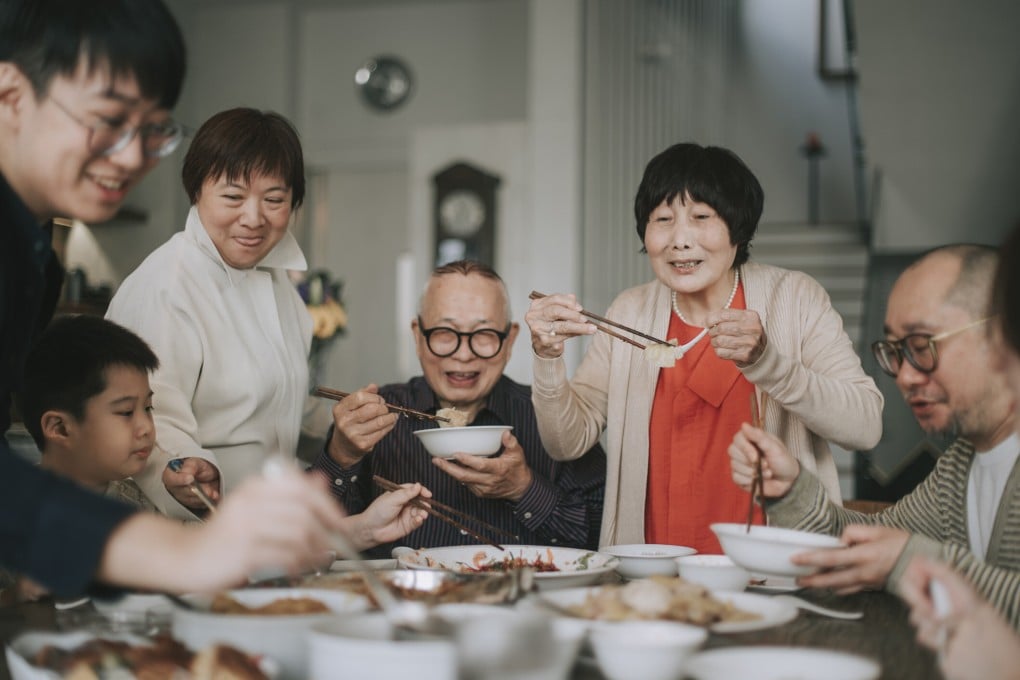Lunar New Year: how to cope with stress, anxiety and unhappiness from family gatherings – or lack of them
- Lunar New Year family gatherings aren’t always joyful: anxiety can be felt over comparisons made between siblings, prying questions, unhappy memories and more
- Experts’ tips include being armed with answers to questions that make you uncomfortable, venting your feelings with a friend, and avoiding social media

Hong Kong is awash with glittering lights to celebrate Lunar New Year. But despite the happy facade, this time of year can be a stressful and unhappy time for many.
There is pressure in the expectation that families should come together to feast and welcome in the new year. But old hurts can rise to the surface – and for those who can’t or won’t join in, loneliness can be intensified.
The Samaritans Hong Kong says tension mounts in the weeks leading up to the holiday as pictures of joyful gatherings are splashed across social media and advertising goes into overdrive.
The charity sees a spike in calls to its free 24-hour bilingual hotline in the run-up to Lunar New Year, then a tailing off over the three-day holiday, and then another surge in calls as people process intense and sometimes painful conversations with their families.
“The content of the calls is different: people talk about the family environment, they are more anxious, and we get more people saying they have suicidal thoughts,” says Trish Richards, a member of the Samaritans Hong Kong board.
There’s both the challenge of too much time with family, and the pain of not being near family, a particular concern this year with families separated because of travel restrictions or quarantine.